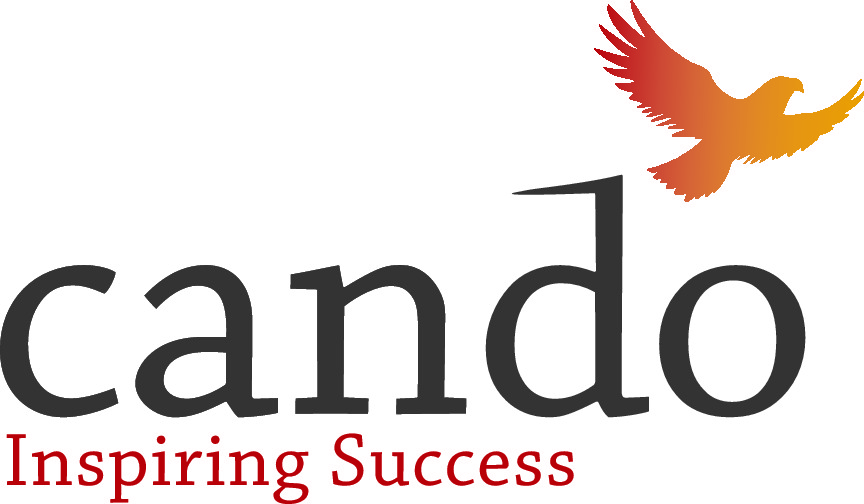Insurgent Economics: Reflections on Community-Based Research and First Nations–Settler Entity Economic Relationships
DOI:
https://doi.org/10.29173/jaed515Abstract
Last year JAED published a paper I wrote (Sommers, 2017) in which I made use of Kevin Bruyneel’s (2007) work on the “third space of sovereignty” to examine how Athabasca Chipewyan First Nation manages to both participate in capitalism (in Bruyneel’s words, “demand rights and resources from the liberal-democratic state”) and assert its sovereignty (“challenge the imposition of colonial rule”). I had written the paper in late 2015 for a class at the University of Alberta, and, four months later, in early 2016, a Community Service Learning (CSL) project prompted me to think further about the potential of Indigenous economic activity to advance Indigenous sovereignty and challenge the imposition of colonial rule.
In this article, I will borrow from Adam Gaudry’s principles of “insurgent research” (2011: 36), which I studied while completing my CSL project, to present my argument that First Nation–settler entity economic relationships2 can become “insurgent economic relationships” — relationships that are mutually beneficial economically to First Nations and settler entities, but also serve to further Indigenous sovereignty and challenge the imposition of colonial rule. In the context of this paper, I will imagine the “insurgent” aspect of these insurgent economic relationships in terms of Shalene Jobin’s discussion of the Plains Cree nation; in other words, I will assume that the First Nation’s “aspirations” within an insurgent FNSEER are to fight “for space within colonial structures while re-establishing their own governing processes” (Jobin, 2013: 601–602). The purpose of this article is not necessarily to outline how a FNSEER should actually be negotiated in the “real world”, but rather to imagine hypothetically how a FNSEER might be used to further Indigenous sovereignty. I will conclude the paper with some comments regarding why settler corporations might be amenable to an insurgent FNSEER.
Downloads
References
Abele, Frances. (2005). “The Smartest Steward? Indigenous People and Petroleum-Based Economic Development in Canada’s North”, in G. Bruce Doern (Ed.), Canadian Energy Policy and the Struggle for Sustainable Development (pp. 223–245). Toronto: University of Toronto Press.
Bruyneel, Kevin. (2007). The Third Space of Sovereignty: The Postcolonial Politics of US–Indigenous Relations. Minneapolis: University of Minnesota Press.
Chilisa, Bagele. (2012). Indigenous Research Methodologies. Los Angeles: Sage Publishing.
Cornell, Stephen and Joseph P. Kalt. (2005). “Two Approaches to Economic Development on American Indian Reservations: One Works, the Other Doesn’t”, Joint Occasional Papers on Native Affairs No. 2005-02. The Harvard Project on American Indian Economic Development, Native Nations Institute for Leadership, Management, and Policy, The University of Arizona. Tucson, AZ.
Flammer, Caroline. (2015). “Does Corporate Social Responsibility Lead to Superior Financial Performance? A Regression Discontinuity Approach”, Management Science, 61(11): 2549–2568.
Gaudry, Adam J.P. (2011). “Insurgent Research”, Wicazo Sa Review, 26(1): 113–136.
Grant, Jill, Geoffrey Nelson, and Terry Mitchell. (2008). “Negotiating the Challenges of Participatory Action Research: Relationships, Power, Participation, Change and Credibility”, in Hilary Bradbury and Peter Reason (Eds.), The Sage Handbook of Action Research: Participative
Inquiry and Practice (pp. 589–601). Los Angeles: Sage Publishing.
Jobin, Shalene. (2013). “Cree Peoplehood, International Trade, and Diplomacy”, Revue générale de droit, 43(2): 599–636.
Ryan, Joan. (1995). Doing Things the Right Way: Dene Traditional Justice in Lac La Martre, N.W.T. Calgary: University of Calgary Press.
Sheffield, Eric C. (2015). “Toward Radicalizing Community Service Learning”, Educational Studies, 51(1): 45–56.
Sommers, L. Javed. (2017). “In Defence of Indigenous Participation in Capitalism: How Athabasca Chipewyan First Nation Demands Rights and Resources from the Liberal Democratic Settler- State while also Challenging the Imposition of Colonial Rule”, Journal of Aboriginal Economic Development, 10(2): 114–123.
Downloads
Published
Issue
Section
License
Copyright (c) 2018 L. Javed Sommers

This work is licensed under a Creative Commons Attribution-NonCommercial-NoDerivatives 4.0 International License.




